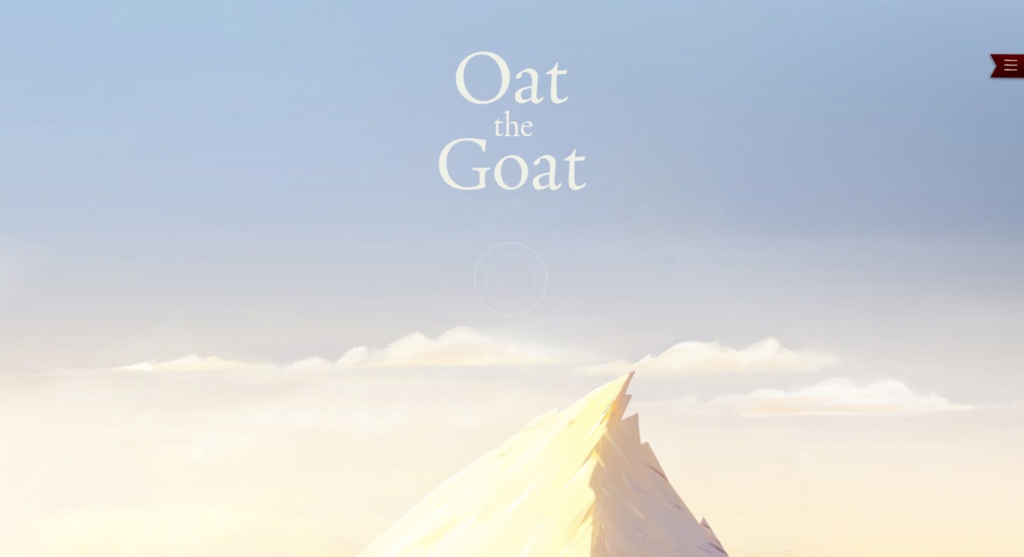This is a repost promoting content originally published elsewhere. See more things Dan's reposted.
Oh my Goat! We just finished reading this awesome pick-a-path story that helps children learn the power of kindness. Have a go… #OatTheGoat

Discovered this fun interactive storybook; it tells the tale of a goat called Oat who endeavours to climb a mountain (making friends along the way). At a few points, it presents as a
“choose your own adventure”-style book (although the forks are artificial and making the “wrong” choice immediately returns you the previous page), but it still does a reasonable job at
looking at issues of bullying and diversity.
This is a repost promoting content originally published elsewhere. See more things Dan's reposted.
If you happened to flip through a PC gaming magazine in the late 1980s or early 1990s, you would’ve probably seen an ad for a game called Leisure
Suit Larry, or one of its many sequels. It was a graphic adventure game first released in 1987 with the primary goal of helping its protagonist get laid. Since most games then
leaned heavily into cartoon violence, Larry’s sexual innuendo stood out. To young boys at the time, it had the mystique of a shrink-wrapped Playboy in a convenience store.
…
This is a repost promoting content originally published elsewhere. See more things
Dan's reposted.
For the past 9 months I have been presenting versions of this talk to AI researchers, investors, politicians and policy makers. I felt it was time to share these ideas with a wider
audience. Thanks to the Ditchley conference on Machine Learning in 2017 for giving me a fantastic platform to get early…
Summary: The central prediction I want to make and defend in this post is that continued rapid progress in machine learning will drive the emergence of a new kind of
geopolitics; I have been calling it AI Nationalism. Machine learning is an omni-use technology that will come to touch all sectors and parts of society. The transformation of both the
economy and the military by machine learning will create instability at the national and international level forcing governments to act. AI policy will become the single most
important area of government policy. An accelerated arms race will emerge between key countries and we will see increased protectionist state action to support national champions,
block takeovers by foreign firms and attract talent. I use the example of Google, DeepMind and the UK as a specific example of this issue. This arms race will potentially speed up the
pace of AI development and shorten the timescale for getting to AGI. Although there will be many common
aspects to this techno-nationalist agenda, there will also be important state specific policies. There is a difference between predicting that something will happen and believing this
is a good thing. Nationalism is a dangerous path, particular when the international order and international norms will be in flux as a result and in the concluding section I discuss
how a period of AI Nationalism might transition to one of global cooperation where AI is treated as a global public good.
Excellent inspiring and occasionally scary look at the impact that the quest for general-purpose artificial intelligence has on the international stage. Will we enter an age of “AI
Nationalism”? If so, how will we find out way to the other side? Excellent longread.
